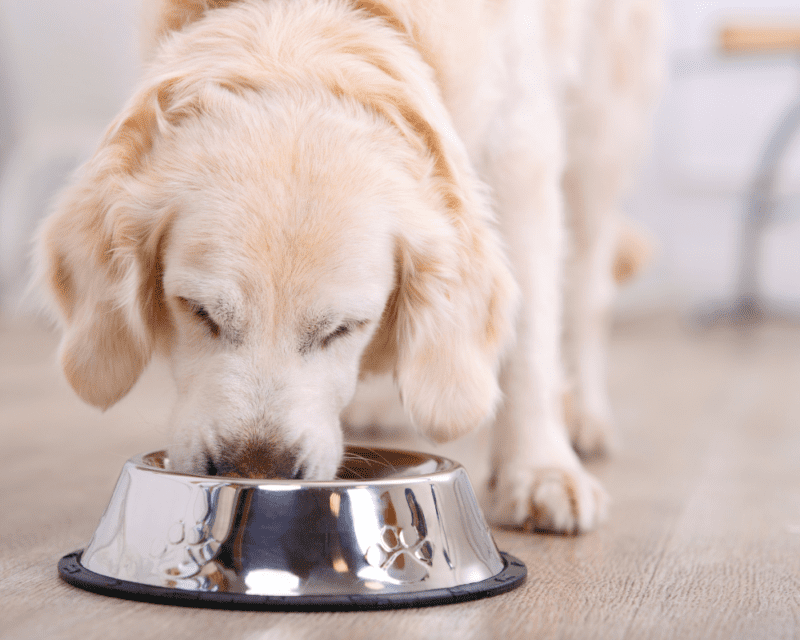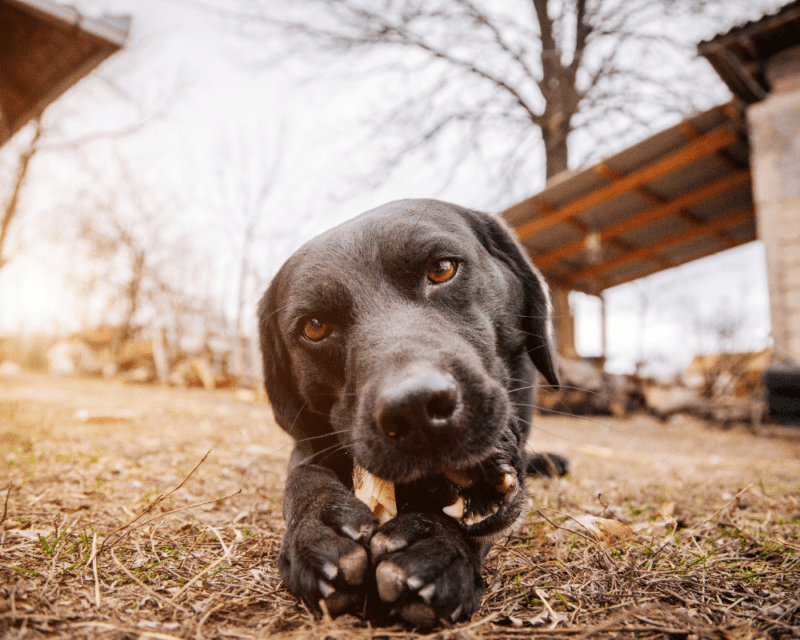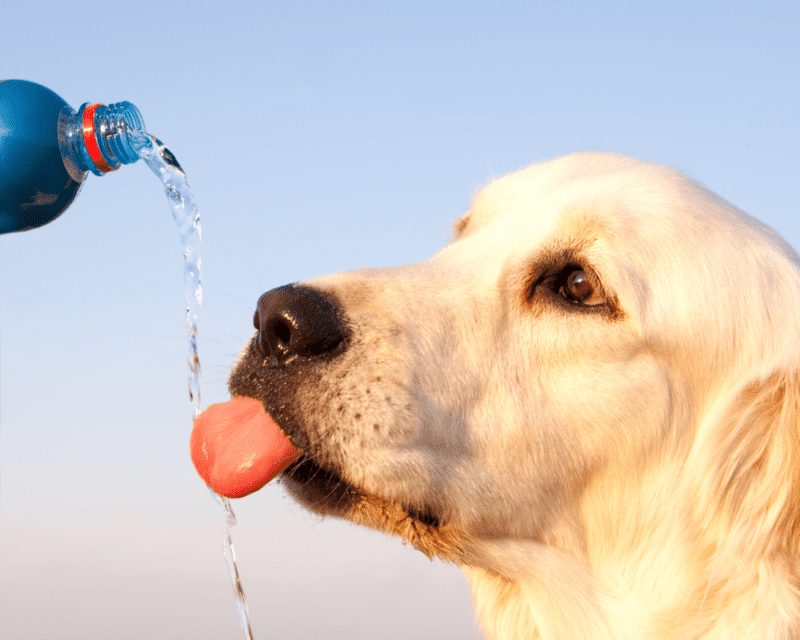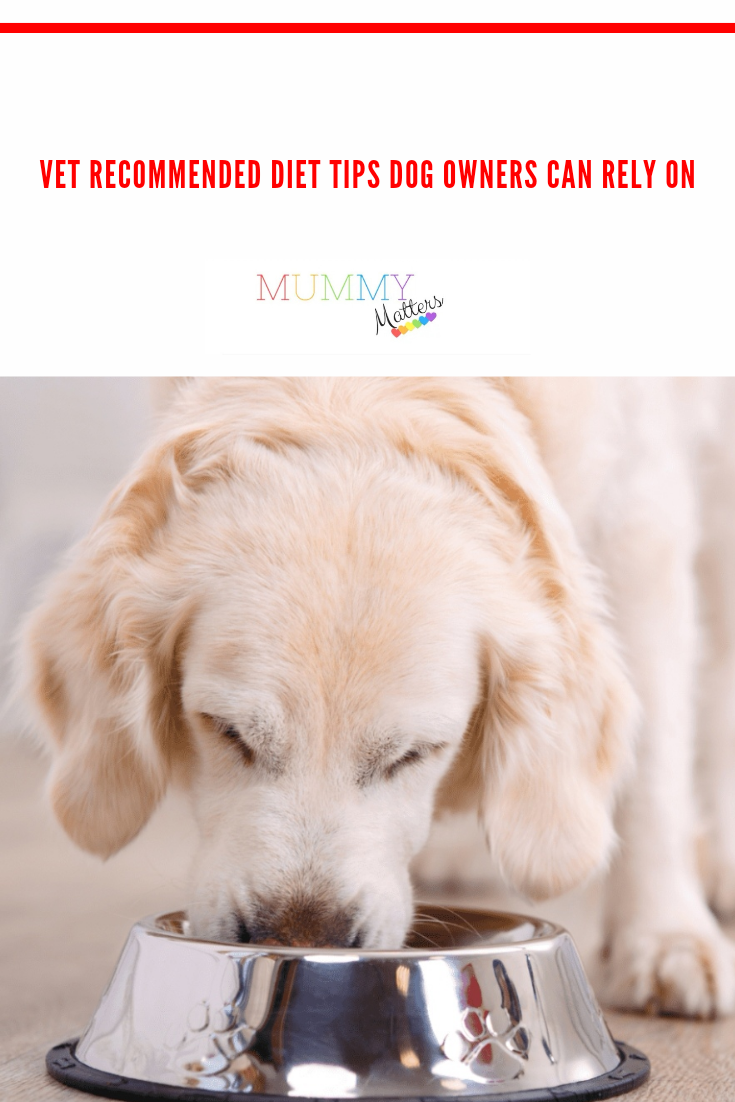Raising a canine is a responsibility as you must look after every aspect of the pet’s well-being. Everything requires attention, from daily diet to grooming, vet visits, and symptom checks. You need to be extra careful about your dog’s nutritional requirements as they change over the years. After all, you cannot feed the same diet to a pup and a senior canine. Also, you must ensure that your pet enjoys its meals and gets adequate nutrition to be active and healthy.

The best way to address its dietary needs is to customize it according to age, breed, and health condition. Here are some valuable vet-recommended tips dog owners can rely on.
Include fresh food
Although you have plenty of options in a ready dog diet, feeding your pet raw or gently-cooked fresh food is a good idea. Gently-cooked food offers ample nutrients that support its health. The best part is that these dietary options are easy to digest. Both raw and cooked fresh foods help with better nutrient absorption and regular bowel movements. Spending a little time cooking your pet’s meal is a worthy effort.
Check the ingredients
When you buy ready dog food from the market, go through the product labels carefully. Taking a moment to check the ingredient list helps choose the best options. Since labels list ingredients by weight, skip the one with carbohydrates on the top as you must minimize it in the canine diet. Look for high-protein options as they are healthier for pets. Avoid foods with artificial preservatives and colouring because they are harmful. Pay attention to the jargon to learn the terms sooner than later.
Be selective about dog treats

Dog treats are a part of canine training as they help with positive reinforcement. But you limit them to 10% of the daily calorie count. Also, be selective about treats as they should provide nutrition instead of just adding calories. You can try yak chews as a healthy, long-lasting chew treat that keeps your pet busy for hours. These are low in fat and carbohydrates but offer plenty of healthy protein to your pet.
Avoid overfeeding
Expert vets recommend ensuring your pet maintains a healthy weight throughout its lifetime. Avoid allowing it to relish on its favourites freely because overweight dogs tend to suffer from health issues. Portion the food according to the pet’s current weight. Also, adhere to optimal mealtimes to prevent digestive problems and abnormal weight gain or loss.
Ensure good hydration

Most pet owners overlook hydration while focusing more on the canine diet. Like humans, dogs need optimal hydration to stay healthy and active. If your pet seems to be struggling with a low appetite, it may be dehydrated and thirsty. Dehydration can hinder digestive and urinary function, which affects the elimination of waste matter and causes a loss of appetite. Keep track of your pet’s water intake, and ensure they have enough during the day.
A canine diet is not about feeding the fanciest products to your pet. You must ensure a balanced intake of a ready diet, fresh foods, and water to keep your canine companion at its healthiest best.


